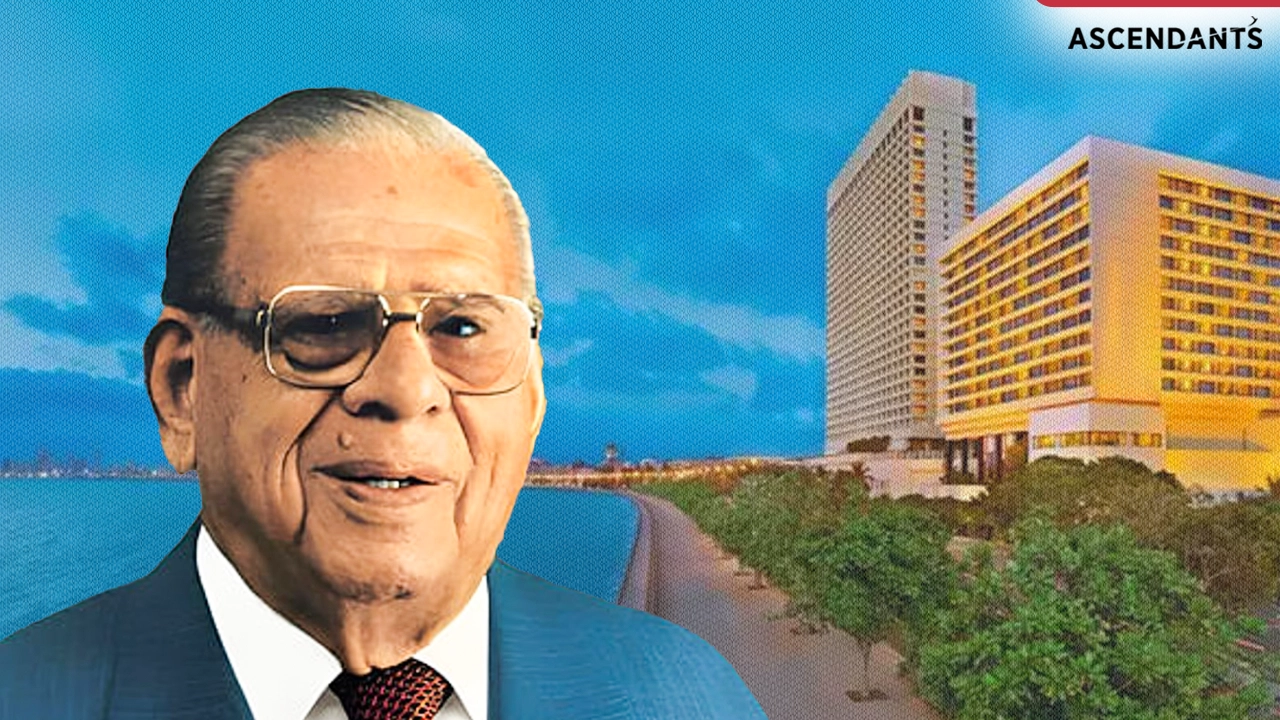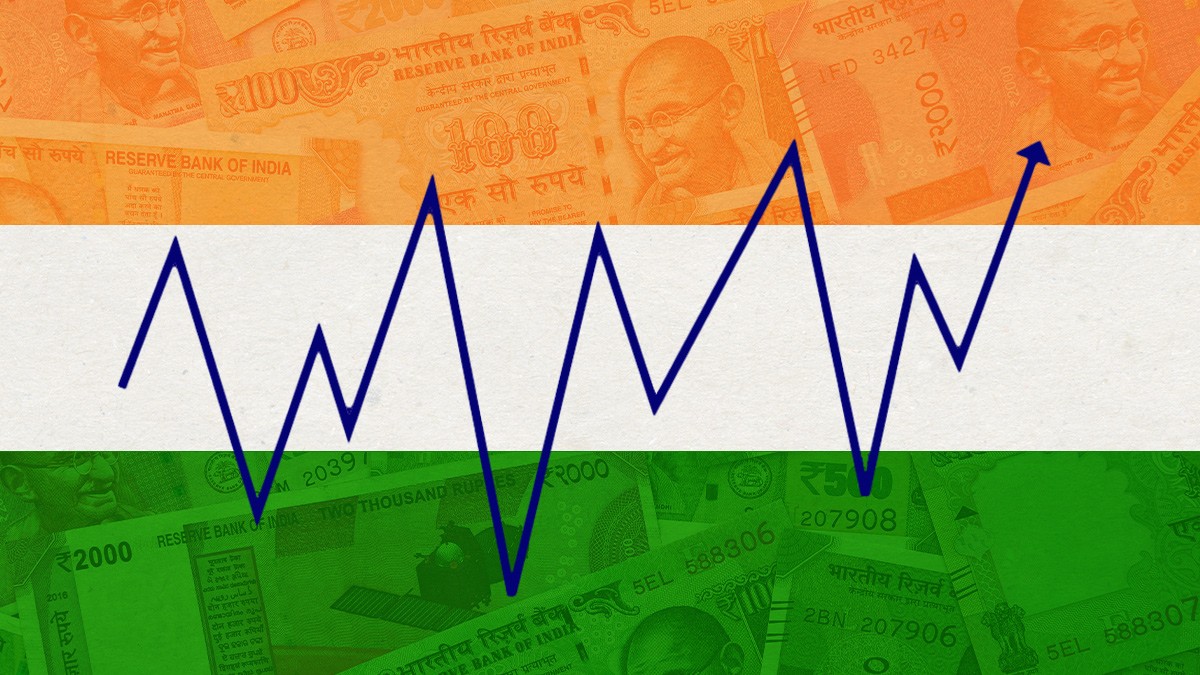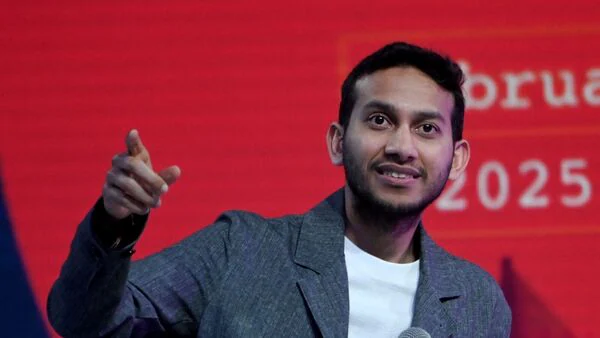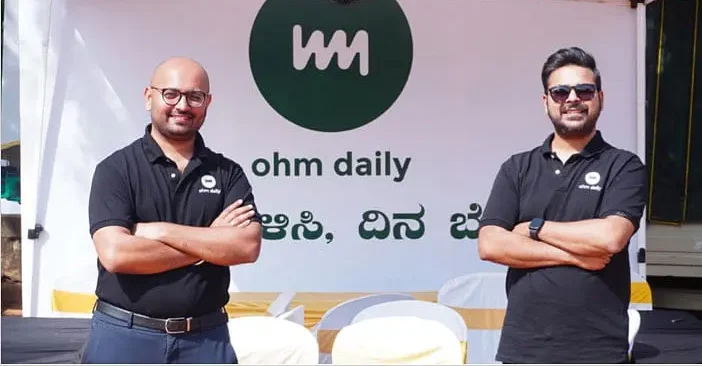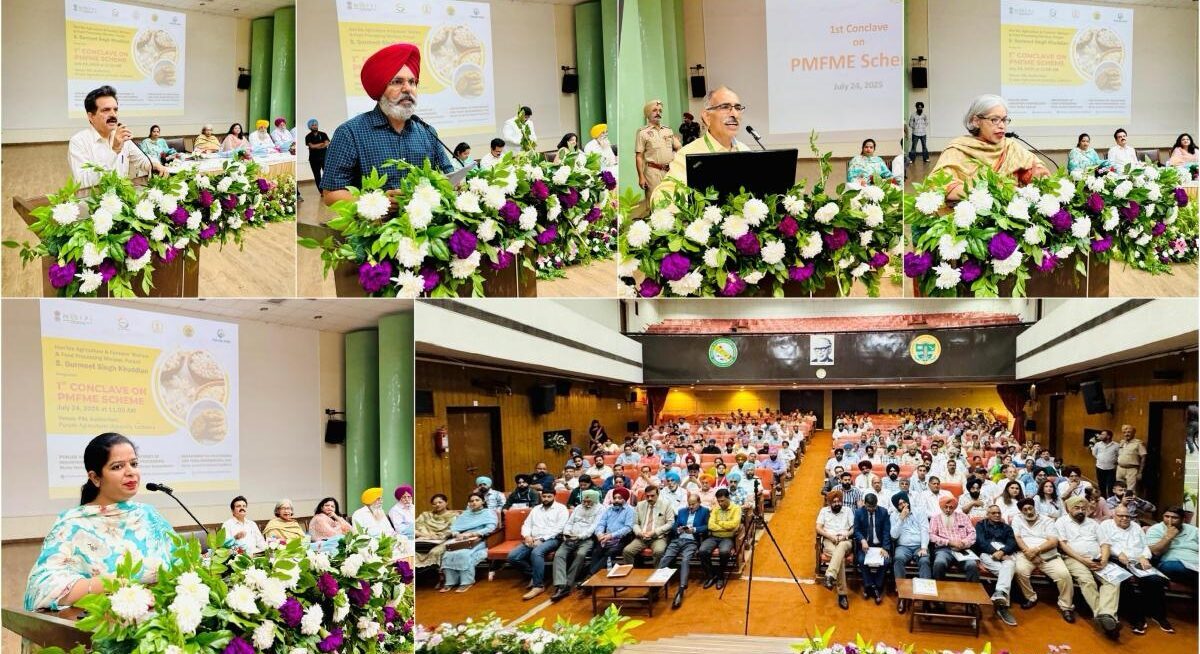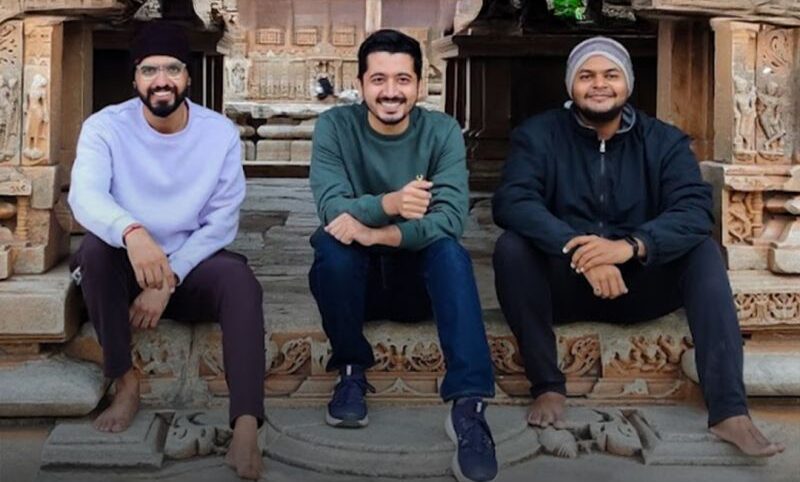Mohan Singh Oberoi, or more popularly known as the doyen of India’s hospitality industry, built a legendary reputation that still commands the country’s hotel industry. From humble beginnings and an unbridled will, Oberoi founded the nucleus of a world-class hotel chain that is currently India’s second-largest hospitality group.
The Struggles Behind the Success
Hailing from a humble family, Mohan Singh Oberoi had his early education in Rawalpindi and then proceeded to Lahore for further studies. In pursuit of better professional opportunities, he shifted to Shimla, where he got an opportunity to work as a front desk clerk in the elite Cecil Hotel for a modest salary of ₹50 a month.
His tireless work ethic and keen enthusiasm for the hotel business soon got noticed by the British manager of the hotel. Oberoi did not confine himself to mundane clerical jobs; he actually volunteered to work on extra projects and developed his managerial acumen.
One of his career crossroads was when the manager of the hotel, later a proprietor of a smaller hotel, invited Oberoi to join him as a working partner.
The Bold Gamble That Changed Everything
In 1934, Oberoi took a huge gamble – he pledged his wife’s jewelry and all his personal property to buy Clarkes Hotel in Shimla. This was his first foray into hotel ownership and management. Four years later, he made another strategic move by leasing the Grand Hotel in Calcutta, a building with more than 500 rooms. His skill in turning loss-making businesses into profit-making ones became apparent as he converted the Grand Hotel into a huge success.
Instituting the sense of expansion, Oberoi took stakes in stocks of Associated Hotels of India (AHI) that owned eminent hotels in prime cities like Shimla, Delhi, Lahore, Murree, Rawalpindi, and Peshawar. By 1943, he had become the first Indian to obtain a majority holding in AHI, becoming a legend as India’s greatest hotelier.
Building an International Legacy
The Oberoi Group thrived under his leadership. In 1965, he introduced The Oberoi Intercontinental in New Delhi, which set new benchmarks in luxury hospitality. By 1973, he had further cemented his reputation by the establishment of the 35-story Oberoi Sheraton in Mumbai, which became a beacon of Indian hospitality.
Averse to letting past successes go to his head, Oberoi tactfully aligned with global hotel chains so that his hotels would appeal to international clients. To diversify the group’s portfolio further, he launched the Trident Hotels brand, designed to offer luxury business hotels. Today, there are multiple Trident properties across India.
A Lasting Impact on Indian Hospitality
What began as a single venture in Shimla has now grown into an empire with 31 hotels across India, Indonesia, Egypt, UAE, Mauritius, and Saudi Arabia. The Oberoi Group, under the umbrella of EIH Limited and EIH Associated Hotels Limited, commands a combined market capitalization of approximately ₹25,000 crore.
Even after his passing in 2002 at the age of 103, his legacy continues to inspire generations of hoteliers and entrepreneurs. Today, his name is remembered in history as the person who redefined hospitality in India and placed Indian luxury hotels on the world map.









